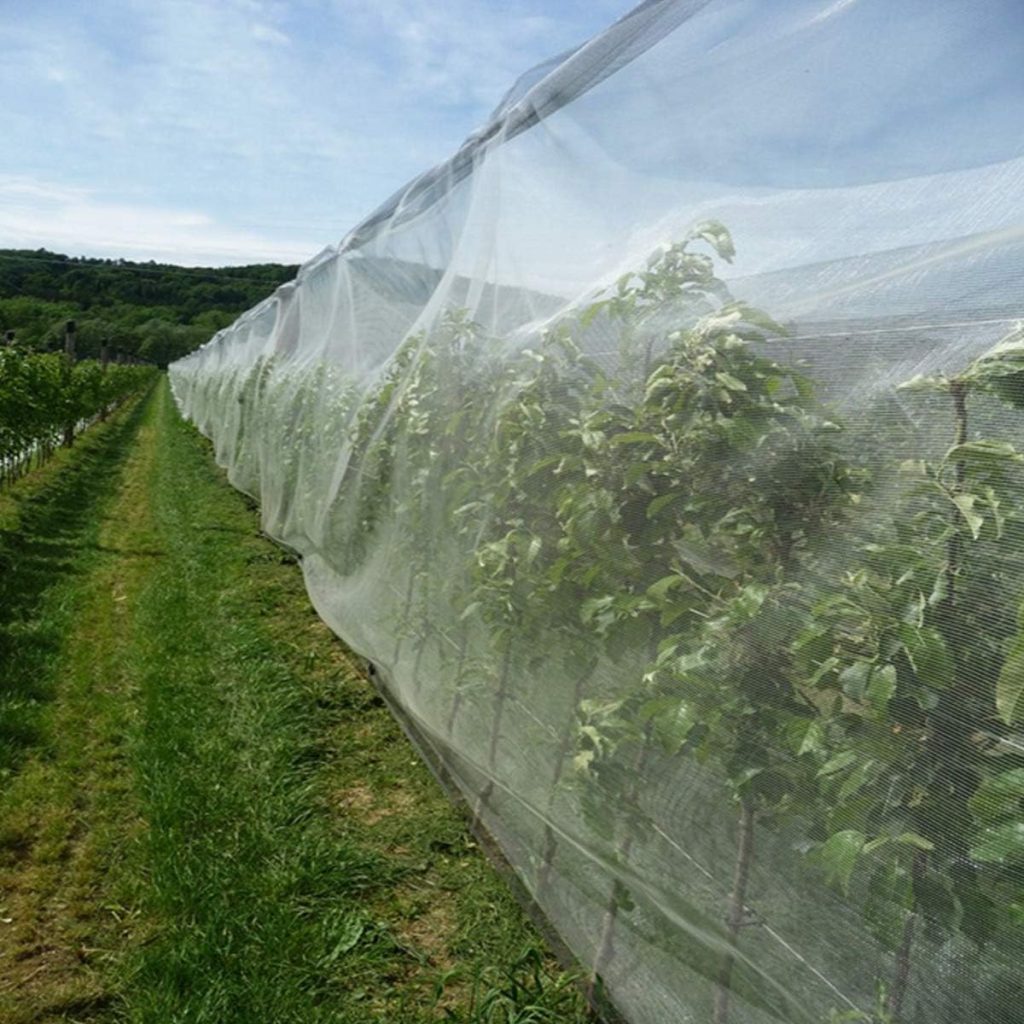Resilience in Organic Gardening
Amidst rising concerns over natural disasters and food supply chain disruptions, organic backyard gardening emerges as a beacon of resilience. By cultivating one’s own produce, individuals not only ensure a steady supply of fresh, nutritious food but also reduce dependency on fragile distribution networks vulnerable to disruptions.
Organic practices promote sustainability, enhancing soil health and biodiversity while minimizing chemical inputs. Backyard gardens act as decentralized food sources, fostering community synergy and self-sufficiency.
Resilience in Organic Gardening
Here are some ways organic gardening can help us become more resilient:
- Food Security: Organic backyard gardening ensures a consistent supply of fresh produce, reducing reliance on external food sources vulnerable to disruptions. In times of crisis, having homegrown fruits and vegetables readily available can mitigate food shortages.
- Self-Sufficiency: Growing your own food, allows you to depend less on supermarkets and supply chains. This self-sufficiency fosters a sense of resilience, as people are less susceptible to fluctuations in market availability or transportation challenges during disasters.
- Diverse Crop Production: Backyard gardens allow for the cultivation of a variety of crops, promoting biodiversity. Diversification minimizes the risk of total loss due to pests, diseases, or adverse weather conditions.
- Water Conservation: Organic gardening practices, such as mulching and drip irrigation, prioritize water conservation. This is particularly beneficial during droughts or water supply disruptions.
- Soil Health and Regeneration: Organic gardening methods focus on improving soil health through various practices. This includes composting, crop rotation, and minimal tillage. Healthy soil retains moisture better, resists erosion, and supports robust plant growth.
- Community Engagement and Support: Backyard gardening often fosters community connections as neighbors share seeds, knowledge, and surplus harvests. In times of crisis, this network can provide mutual aid and support, further enhancing resilience by pooling resources and expertise.
- Reduced Carbon Footprint: Localized food production through backyard gardening reduces the carbon emissions associated with long-distance transportation and industrial agriculture. By minimizing reliance on imported produce, individuals contribute to mitigating climate change while simultaneously enhancing food system resilience.
- Adaptability to Climate Variability: Organic gardening encourages observation and adaptation to local climate patterns, helping gardeners anticipate and respond to changing conditions. This allows gardeners to adjust planting schedules, choose resilient crop varieties, and implement appropriate strategies to cope with climate-related challenges.

